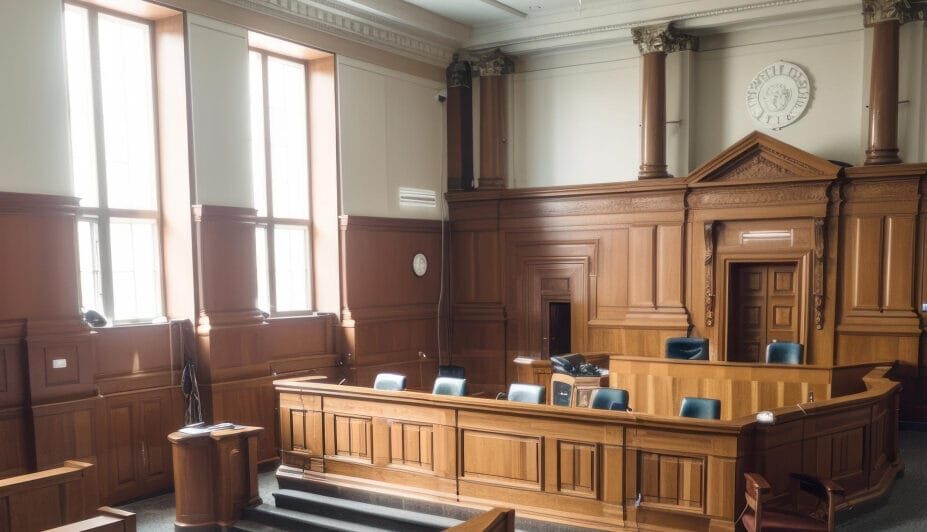Patricia Owen’s 1998 conviction referred to appeal as flaws in the capture software that emerge
The criminal justice system may soon reckon with another chapter of the Post Office scandal after the Criminal Cases Review Commission (CCRC) referred its first ever conviction involving the pre-Horizon Capture IT system to the Court of Appeal.
Patricia Owen, a former postmistress in Kent, was convicted of theft in 1998 and handed a suspended sentence. Now, 26 years later and two decades after her death, the CCRC has found her prosecution may have constituted an abuse of process. The case is now set to be heard by the Court of Appeal, potentially widening the scope of one of Britain’s most infamous miscarriages of justice.
Owen had managed the Broad Oak post office near Canterbury. When the Post Office introduced Capture — a forerunner to the Horizon IT system already implicated in hundreds of wrongful convictions — a routine audit revealed supposed overclaims related to pension and allowance disbursements. Her equipment was seized, and she was accused of manipulating digital accounts to inflate payments. She denied all allegations.
Despite her protestations of innocence, Owen was convicted on five counts of theft at Canterbury Crown Court in June 1998. The court handed her a six-month prison term, suspended for two years. She died in 2003, carrying the stigma of the conviction to her grave.
But evidence withheld during her trial has recently come to light. Her family applied to the CCRC in January 2024 to reopen the case, citing expert analysis never seen by the court. That expert, Adrian Montagu, was commissioned at the time to assess the Capture system. He concluded that the software was so riddled with bugs and faults that any evidence based on it was “very unsafe.” Despite the damning findings, he was blocked from testifying by Owen’s own legal team on the day of the trial.
Embed from Getty ImagesThat silencing may have cost Owen her freedom and her reputation.
Her daughter, Juliet Shardlow, broke down in tears when the CCRC confirmed its decision. “Being prosecuted and convicted destroyed my mum,” she said. “Her world came to an end when she lost her Post Office. She had dedicated her life to it. Her branch was a huge success until she had Capture installed — which she actually paid for herself.”
Owen’s case now becomes the first conviction tied to the Capture system to be reviewed by the Court of Appeal. Until now, the CCRC’s focus had remained firmly on the Horizon system, whose flaws have led to the quashing of over 100 convictions. But Capture — installed before Horizon — may prove to be equally unreliable.
The CCRC has said it is referring Owen’s conviction on the grounds that her prosecution may have been an abuse of process, particularly in light of the evidence that was not disclosed to the jury.
While the number of convictions involving Capture remains unknown, legal experts believe more cases may surface. The implications for justice could be vast, especially if the same patterns of software failure and institutional denial emerge.
Shardlow remains hopeful but cautious. “Although we still have to go to court, an official body has now recognised that mum’s case deserves to be reconsidered, and that is so, so important to us.”
This case could now open the floodgates to another wave of appeals — and deliver long-overdue justice to victims silenced by faulty technology and systemic failures.
